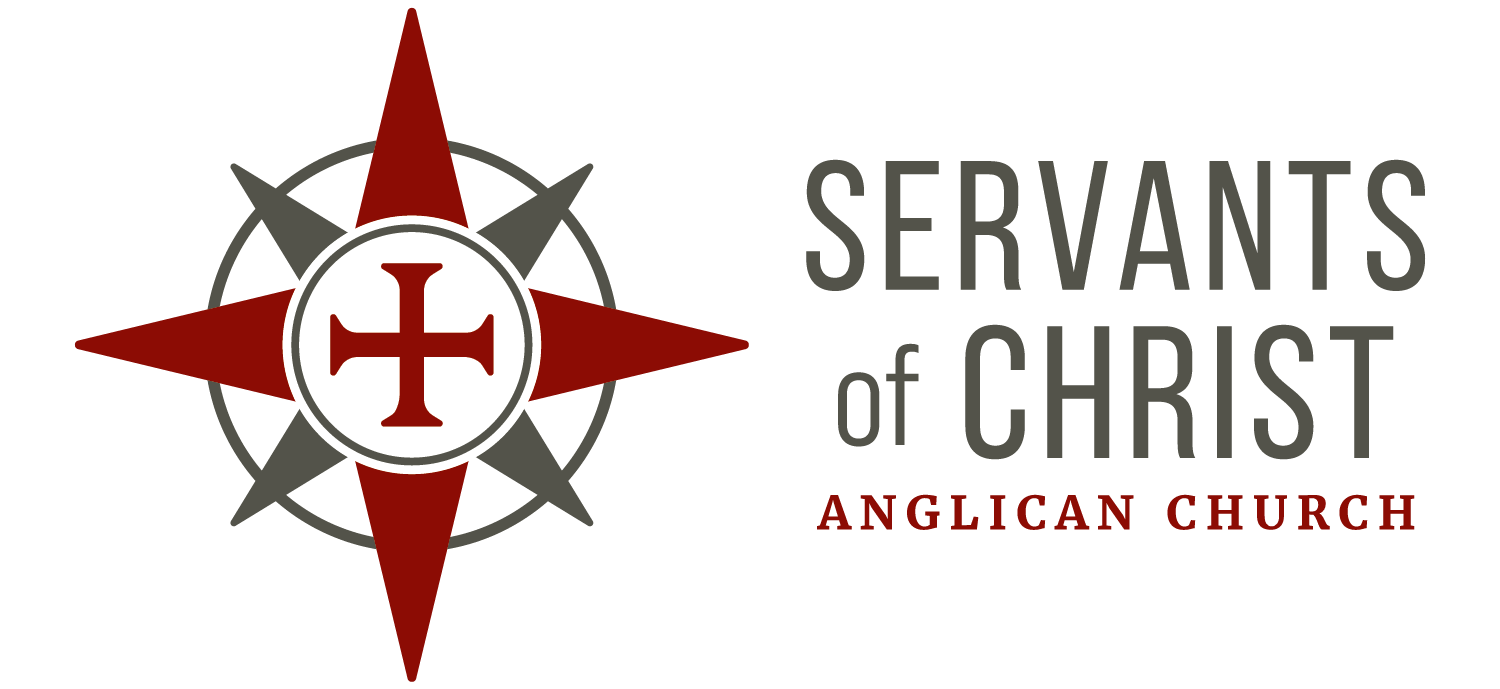The Core of Anglicanism
At its core, Anglicanism is a dramatic story that begins with the knowledge that God is a community of persons – Father, Son, and Holy Spirit – who loved each other so much that they wished to create human beings to share that love. Their intention was that humans would be “images” (reflections) of God, and know and love God freely. But humans rebelled and chose to follow their own selfish desires, creating conflict between humans and God, and between humans themselves. Then began a dance of God’s wooing humanity back into proper relationship, first by choosing the family of Abraham and being involved in their ongoing story, and then by sending one son of Abraham, Jesus, God in the flesh, who through His life and death and resurrection made it possible for humanity to know and love God as God wishes to be known and loved, and to know and love each other as God wishes us to be known and loved. In short, Anglicanism at its core is simply the traditional message of the Christian faith.
The Uniqueness of Anglicanism
What, then, makes Anglicanism special among Christian denominations? Our uniqueness lies in the historical realities of life in the British world which have shaped our understanding of Christianity. St. Patrick brought Christianity to Ireland in the 400s, and St. Augustine of Canterbury brought Christianity to England in the 500s. Along with the message of the Christian faith, they brought a Catholic understanding of worship and organizational structure. The Norman Conquest in 1066 brought Britain into the mainstream of European political and theological life. In the 1500s, Protestant theological insights were put forward and came to lead the mainstream of Anglican religious thought. The standard of Anglican worship is found in The Book of Common Prayer (“common prayer” means praying together as a community) which was first constructed by Thomas Cranmer in the 1500s and has been updated through the centuries.
Reformed Catholicism
Anglicanism is sometimes referred to as “Reformed Catholicism” – keeping the beauty of classical and traditional worship while avoiding the theological errors, superstitions, and church corruption of the Middle Ages. Anglicans summarize the essentials of the Christian faith in what is called the “Lambeth Quadrilateral” (Lambeth is the palace in which the Archbishop of Canterbury lives in England; you might remember quadrilateral from a math class as a four-sided object). These four things are: the belief that Scripture contains all that is necessary to know for salvation; that the Apostle’s and Nicene Creeds adequately summarize Christian belief; that baptism and the Eucharist are ways in which God touches our physical world; and that the church receives oversight from bishops (persons who have been given the job of serving the role that Apostles served in the early church).
Anglicanism Today
What should I expect if I visit an Anglican service?
© 2012, Servants of Christ Anglican Church
- ACNA Canons and Constitution
- The Gulf Atlantic Diocese of the Anglican Church in North America


